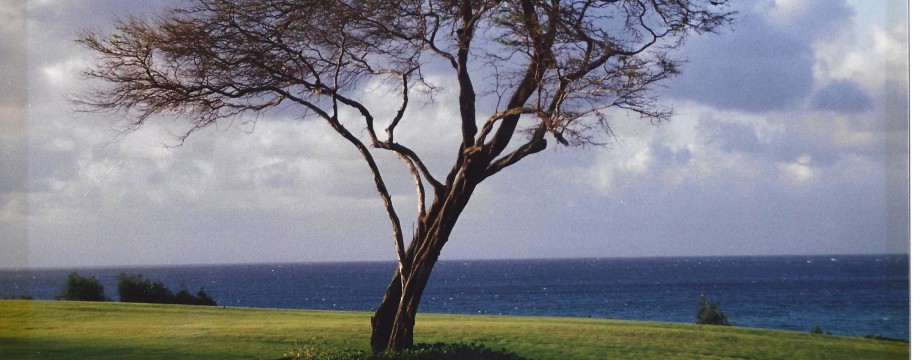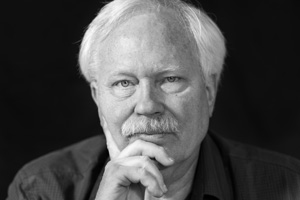
By Randy Ellison, Speaker, writer and author of the book Boys Don’t Tell: Ending the Silence of Abuse
As I hear the many inspiring stories of healing that are told during Sexual Assault Awareness Month (SAAM), I’m reminded of an amazing experience I had a few years ago.
I was invited to give a presentation to a small group of boys who had experienced sexual abuse …….age 10-13. I was nervous at the prospect of sharing with young survivors. I wasn’t sure what to put together in the way of a presentation. I always plan, plan, plan, and then plan some more before I do a presentation (anal retentive I think they call it!). Well for the first time in my life it just didn’t seem appropriate to prepare in advance. I thought I would know what to say when the time came.
I happened to watch a TED presentation from Brené Brown on shame that day, which was really about vulnerability. She shared that vulnerability is not really weakness as we perceive, but is in fact strength. When we expose ourselves as flawed and are willing to show our vulnerability, it is truly admirable and it opens the door for others to do the same. Well this is the theme I took to the boys. My entire preparation was based on a few words.
“…vulnerability is not really weakness as we perceive, but is in fact strength.”
- Vulnerability
- Control
- Secrets
- Shame
- Alone
- Not good enough
- Me first (to heal we must)
I’ll let you put your own meaning to each of these words.
When I arrived I was informed that the boys did not generally talk in the group about having been victimized. It was more of a peer support group. I started by sharing that I had been sexually abused, by whom, when and for how long. I went on to share what it did to my life by not dealing with it. I then told them about the amazing things that had happened since I began to tell my truth. We talked about the words above and what they meant to me and what they might mean to them.
By the end of the time at least three of the boys had shared personal experiences and feelings about what happened to them. One boy, age 11, told me about being ridiculed by a teacher for stuttering. His classmates were even harsher. As a foster child, how he cherished the times he was allowed to see his parents. Another boy, age 12, told me he attempted to commit suicide by taking pills, but now he takes pills that help him get through the day. A third boy shared that he was abused the way I was, and sometimes he has nightmares and wakes up scared in the middle of the night.
I wrapped it up with how lucky they were to have a group and a place like they were at to help them heal so they would not grow up with the problems I had. They had the opportunity to heal and become whole if they chose to and worked hard. I left with a broken heart for the pain these children are suffering, and praying that they will go on to live healthy lives with the help they are getting at a young age.
It was such an honor to spend time with these boys who are crying out to be heard, loved and understood. Any chance you may have to step in and become a mentor or Big Brother/ Big Sister to a child like these, you will find you are doing heaven’s work. It is amazing how a little time and effort can mend a broken soul. May you be as blessed as I was that evening.
 Speaker, writer and author of the book Boys Don’t Tell: Ending the Silence of Abuse, Randy Ellison is a child-sexual-abuse, victim’s advocate and an activist promoting cultural change working with local, state and national organizations. Randy also works as a consultant for nonprofits dealing with awareness and prevention of intimate violence. He addresses abuse prevention and healing for survivors from a survivor’s perspective. Randy is a member of the Oregon Attorney General’s Sexual Assault Task Force. He maintains his own website boysdonttell.com
Speaker, writer and author of the book Boys Don’t Tell: Ending the Silence of Abuse, Randy Ellison is a child-sexual-abuse, victim’s advocate and an activist promoting cultural change working with local, state and national organizations. Randy also works as a consultant for nonprofits dealing with awareness and prevention of intimate violence. He addresses abuse prevention and healing for survivors from a survivor’s perspective. Randy is a member of the Oregon Attorney General’s Sexual Assault Task Force. He maintains his own website boysdonttell.com